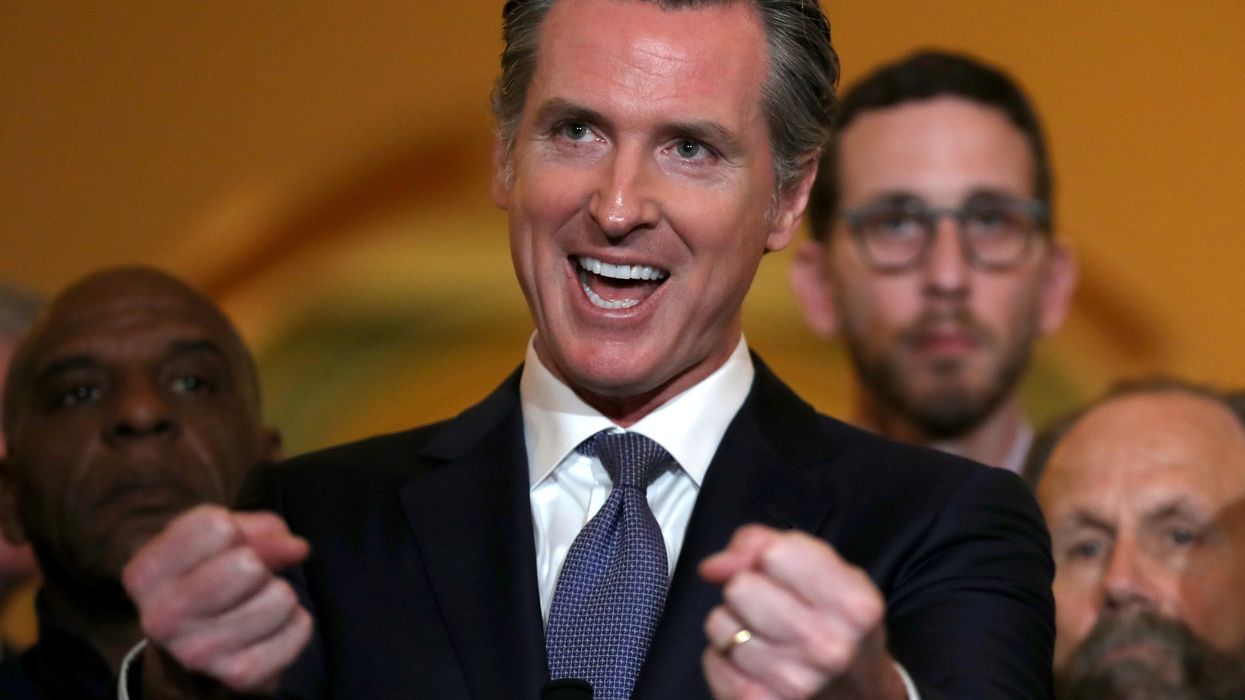California Gov. Gavin Newsom signed into law on Tuesday three democracy reform bills focused on local redistricting, voting access and campaign contributions.
The first piece of legislation prohibits partisan gerrymandering at the local level by establishing criteria for cities and counties to use when adjusting district boundaries. While California is the largest state to use an independent redistricting commission to draw its congressional and state district maps, local districts did not have the same regulations.
A second bill requires all polling stations in the state to adopt same-day voter registration, including on Election Day. This makes California the 10th state to do so.
The third reform bill sets a default limit of $4,700 on individual campaign contributions for city and county elections — the same parameters for state races. But the bill also allows local jurisdictions to set their own limits.




















